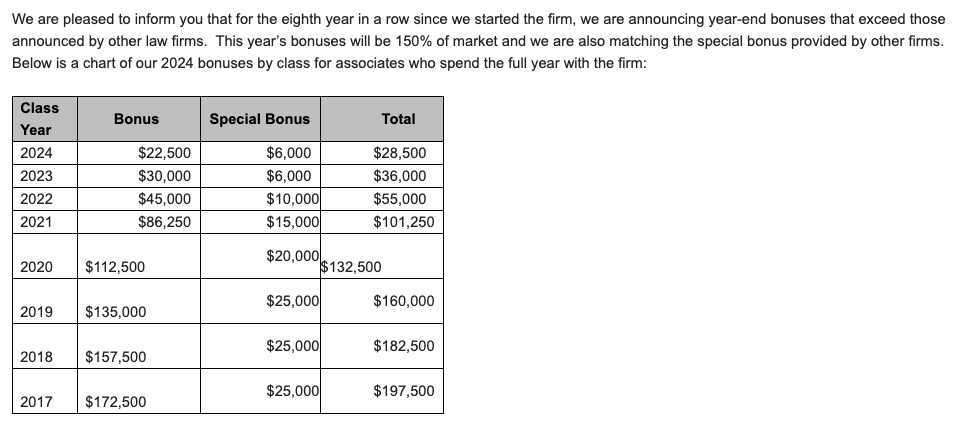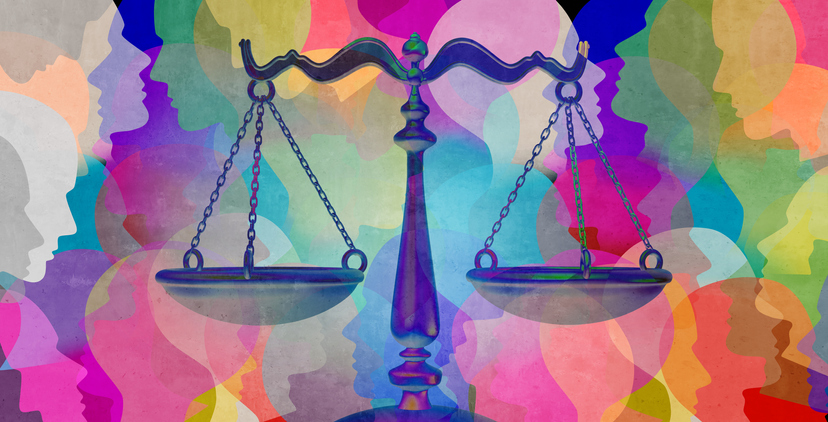
Dinesh
D’Souza
(Photo
by
Imeh
Akpanudosen/Getty
Images)
Dinesh
D’Souza
has
made
a
career
out
of
loathsomeness.
From
his
days
at
Dartmouth
College
where
he
gleefully
outed
gay
students
in
the
conservative
newsletter,
to
taunting
the
survivors
of
the
Parkville
School
shooting
on
Twitter
that
the
failure
of
an
assault
weapons
ban
was
“the
worst
news
since
their
parents
told
them
to
get
summer
jobs,”
D’Souza
has
monetized
trolling
with
spectacular
success.
He
even
managed
to
get
himself
indicted
in
the
dumbest
straw
donor
scheme
ever,
parlaying
his
guilty
plea
into
a
career
as
a
professional
martyr
of
the
Obama
administration,
with
an
eventual
Trump
pardon.
Aside
from
that
little
campaign
finance
hiccup,
D’Souza
went
through
life
spewing
lies
and
vitriol
with
virtually
no
negative
consequences.
Well,
there
was
that
time
he
got
un-presidented
from
King’s
College
after
shacking
up
at
a
Christian
conference
with
a
lady
who
was
not
his
wife
and
introducing
her
as
his
fiancee.
But
other
than
that!
And
so
it
probably
never
occurred
to
D’Souza
that
putting
out
a
“documentary”
purporting
to
prove
that
a
vast
network
of
“ballot
mules”
took
advantage
of
drop
boxes
to
cast
hundreds
of
thousands
of
fraudulent
votes
in
2020
might
come
back
to
bite
him.
The
film
“2000
Mules”
was
a
spectacularly
boring
89
minutes
of
D’Souza
and
his
wife
squinting
into
a
laptop
and
exclaiming
“Wow!”
over
and
over,
as
two
charlatans
from
the
wingnut
welfare
outfit
True
the
Vote
spewed
jargon
about
geolocation
data.
The
“evidence”
consisted
of
bulk-purchased
cellphone
records
showing
the
same
phones
appearing
near
ballot
dropboxes
repeatedly
—
no
surprise,
since
the
boxes
were
located
in
churches
and
government
buildings
—
interspersed
with
grainy
security
footage
of
the
same
two
guys
casting
their
ballots
on
loop
as
D’Souza
spewed
false
claims
accusing
them
of
being
“mules.”
At
the
end
of
the
movie,
a
previously
skeptical
panel
including
Dennis
Prager,
Charlie
Kirk,
Sebastian
Gorka,
Eric
Metaxas,
and
Larry
Elder
pronounced
themselves
convinced.
And
if
you
can
persuade
that
brain
trust…
The
movie
was
immediately
debunked,
with
the
publisher
Regnery
pulping
the
first
draft
of
the
companion
book
by
D’Souza
after
shipping
because
it
defamed
a
bunch
of
non-profits
by
calling
them
ballot
“stash
houses.”
And
then
in
2022,
D’Souza,
along
with
True
the
Vote,
Regnery,
and
Salem
Media
(which
distributed
the
film)
found
themselves
on
the
pointy
end
of
a
lawsuit
by
one
of
the
supposed
“mules”
whose
image
had
been
used
in
the
film.
Because
it
turned
out
that
Mark
Andrews
was
legally
casting
ballots
for
himself,
his
wife,
and
his
adult
children
who
lived
at
home
with
him.
And
five
minutes
after
D’Souza
showed
his
face,
Andrews
and
his
family
started
getting
harassed
by
people
who
believed
he’d
stolen
the
election
for
Biden.
Judge
Stephen
Grimberg,
a
Trump
appointee
to
the
Northern
District
of
Georgia,
denied
the
defendants’
motion
to
dismiss
in
September
of
2023,
and
discovery
seems
to
have
concentrated
the
mind
of
some
parties.
In
May,
Salem
tapped
out,
putting
out
a
statement
apologizing
for
“the
hurt
the
inclusion
of
Mr.
Andrews’
image
in
the
movie,
book,
and
promotional
materials
have
caused
Mr.
Andrews
and
his
family.”
They
promised
to
take
the
movie
out
of
distribution
and
keep
Andrews’
name
out
of
their
mouths
in
perpetuity,
after
which
they
were
dropped
from
the
suit.
And
now
D’Souza
himself
has
decided
that
being
sued
is
no
fun
at
all.
“We
recently
learned
that
surveillance
videos
used
in
the
film
may
not
have
actually
been
correlated
with
the
geolocation
data,”
he
admitted
on
his
media
company’s
website
earlier
this
week,
blaming
True
the
Vote
entirely
for
the
mixup.
“I
know
that
the
film
and
my
book
create
the
impression
that
these
individuals
were
mules
that
had
been
identified
as
suspected
ballot
harvesters
based
on
their
geotracked
cell
phone
data.
While
all
of
these
individuals’
images
were
blurred
and
unrecognizable,
one
of
the
individuals
has
since
come
forward
publicly
and
has
initiated
a
lawsuit
over
the
use
of
his
blurred
image
in
the
film
and
the
book,”
he
said.
“I
owe
this
individual,
Mark
Andrews,
an
apology.”
That
was
not
entirely
accurate, if
you
can
even
believe
it.
The
film
itself
blurred
Andrews’
face
and
license
plate,
but
the
promotional
clips
aired
on
Tucker
Carlson’s
Fox
Show
and
Charlie
Kirk’s
broadcast
were
not.
D’Souza
defended
“the
accuracy
of
the
general
proposition
of
‘2000
Mules,’”
insisting
that
“a
leading
Democratic
organizer,”
had
recently
“admitted
to
an
undercover
journalist
that
the
premise
of
‘2000
Mules’
is
accurate.”
The
organizer
is
not
named,
and
the
link
to
this
supposed
admission
is
not
included.
Nor
did
he
explain
why
Democrats
failed
to
fire
up
the
fraud
cannon
in
2024,
if
they
were
so
successful
the
last
time
around.
D’Souza
concludes
by
insisting
that
the
apology
comes
“not
under
the
terms
of
a
settlement
agreement
or
other
duress,
but
because
it
is
the
right
thing
to
do,
given
what
we
have
now
learned.”
Sure,
thing,
dude.
Liz
Dye
lives
in
Baltimore
where
she
produces
the
Law
and
Chaos
substack and podcast.








 Chris
Chris





 Kathryn
Kathryn




